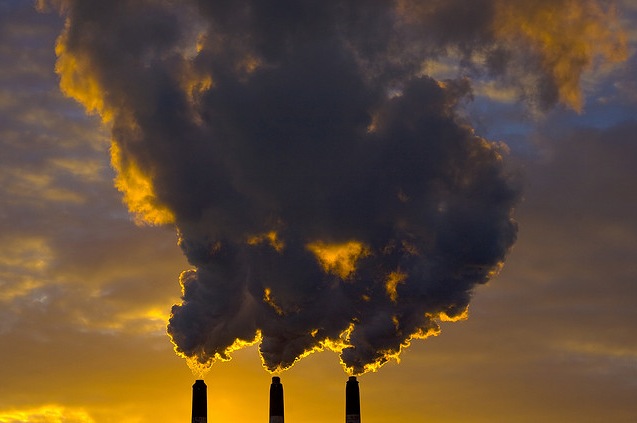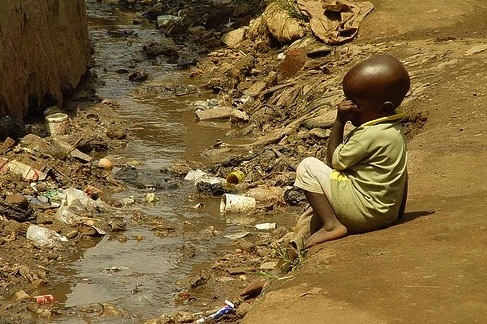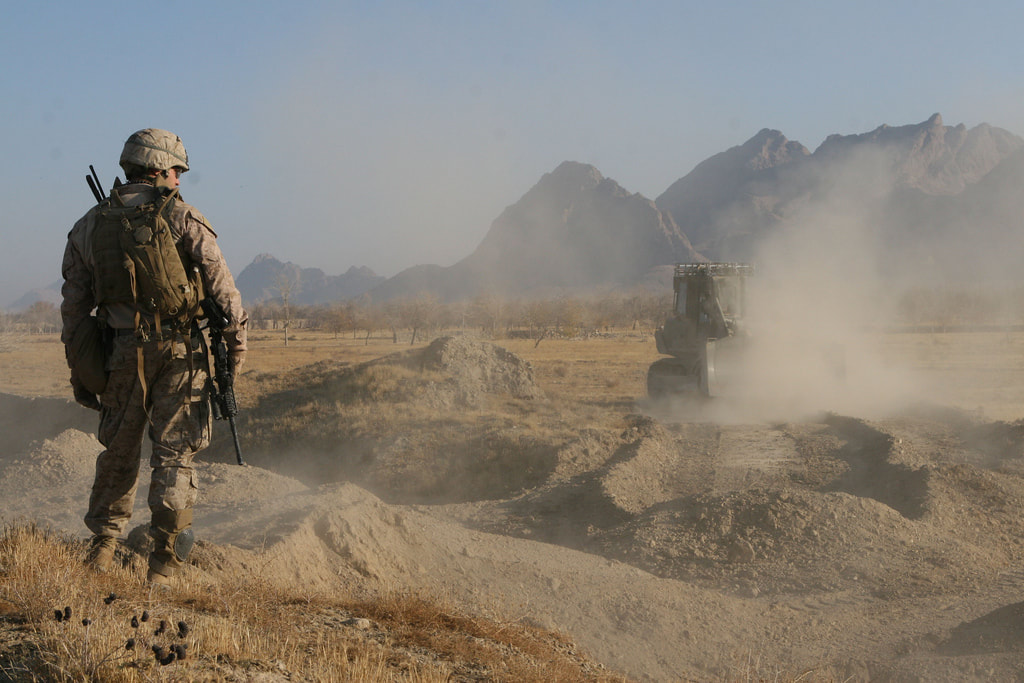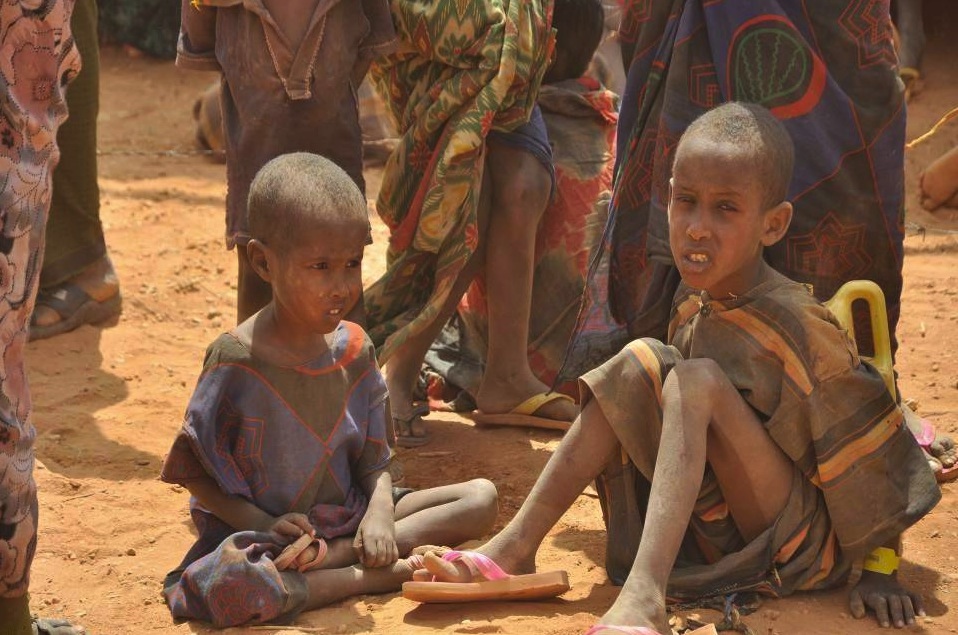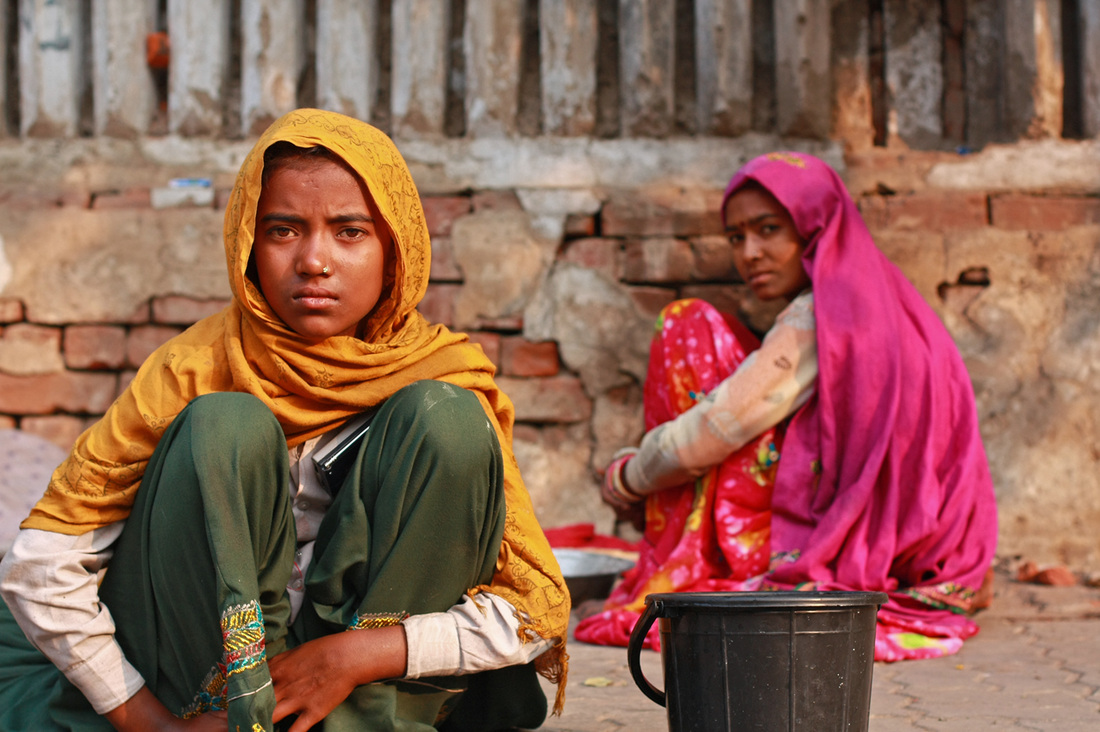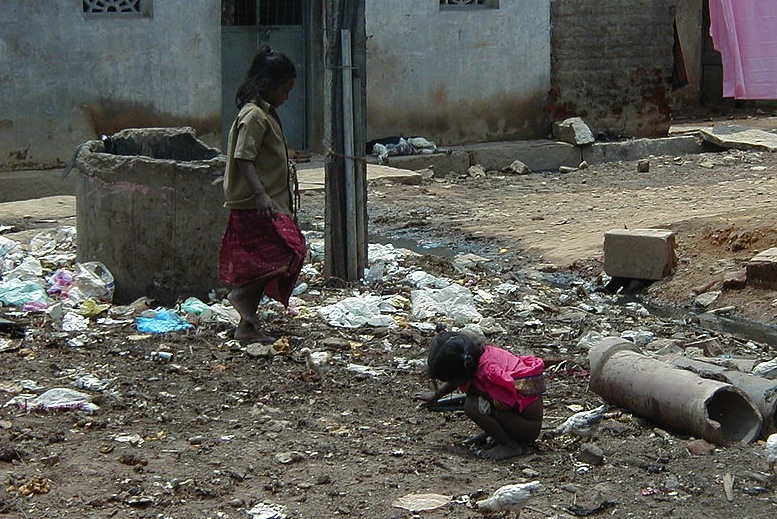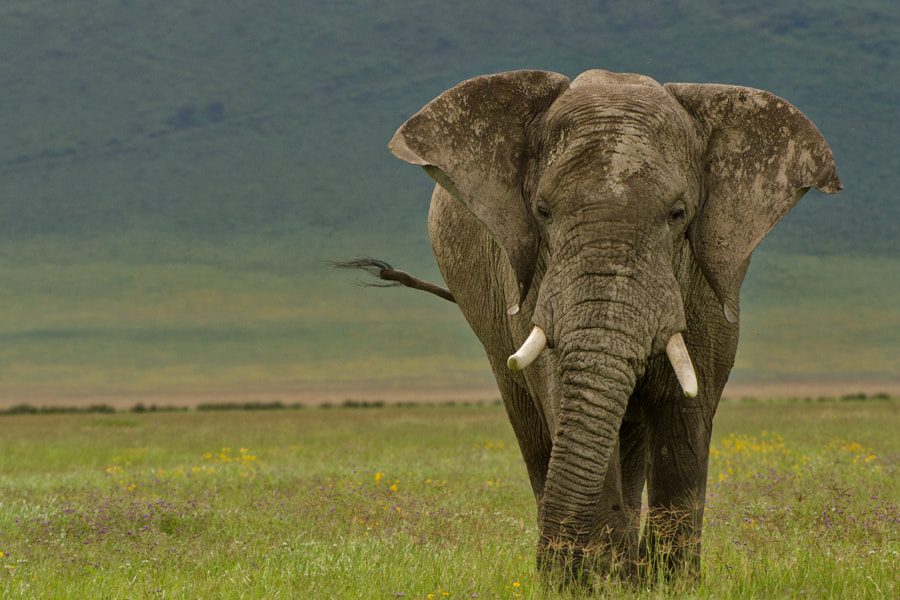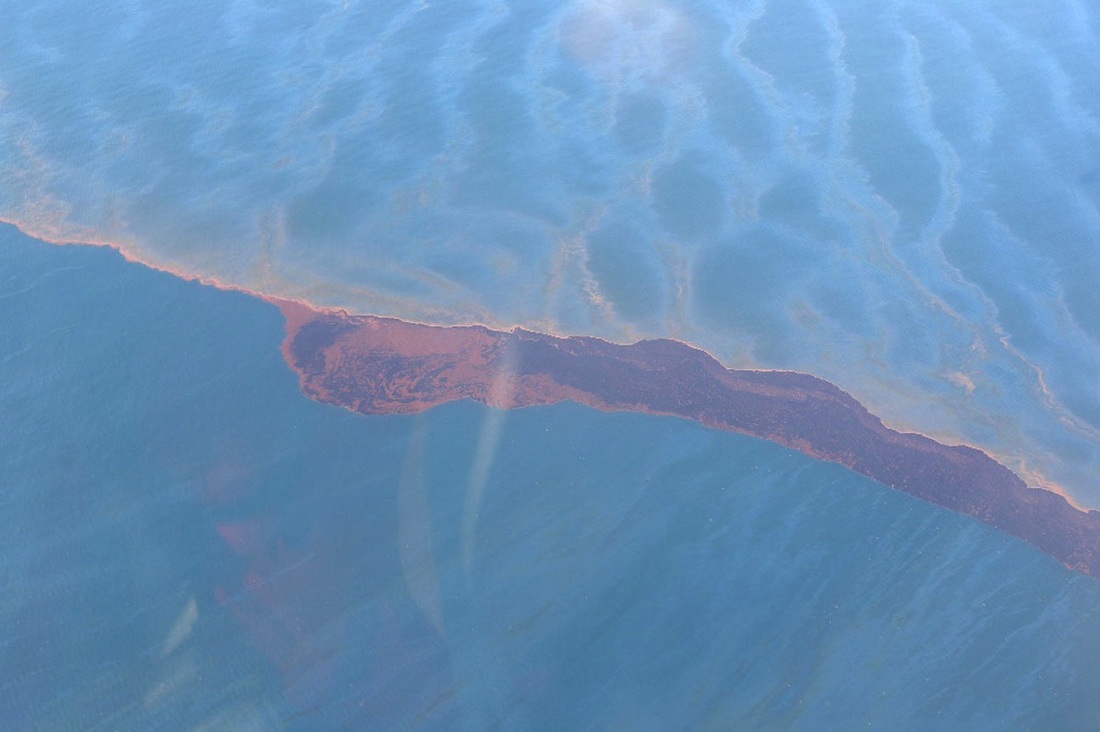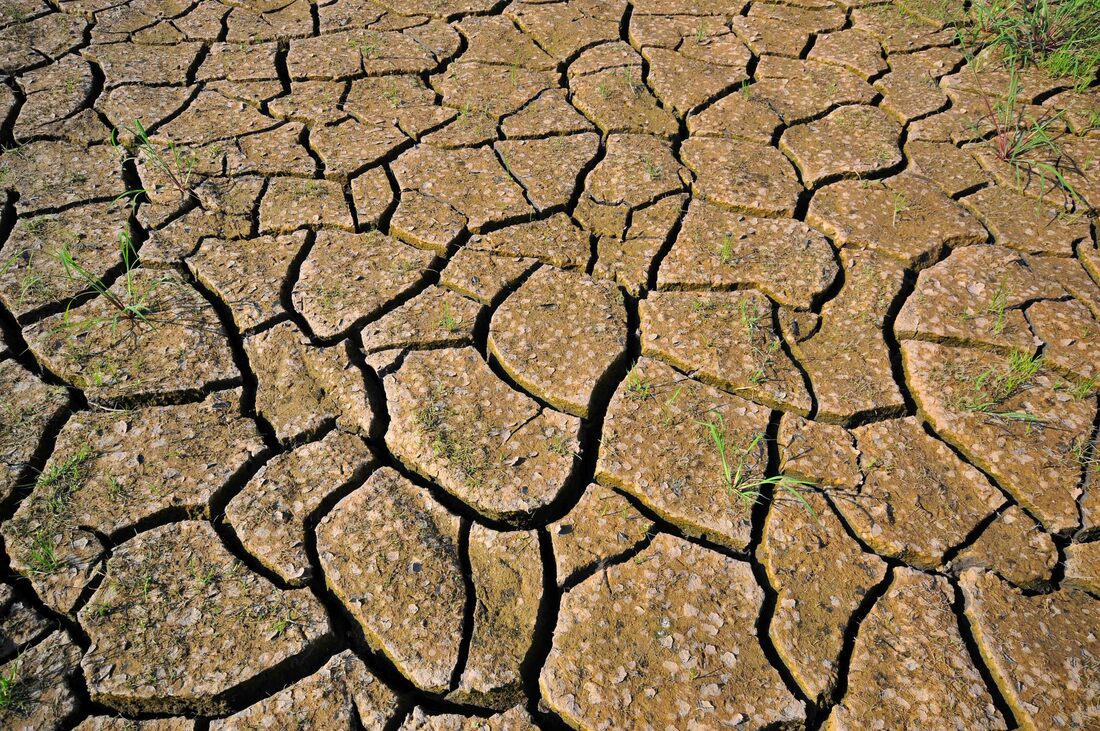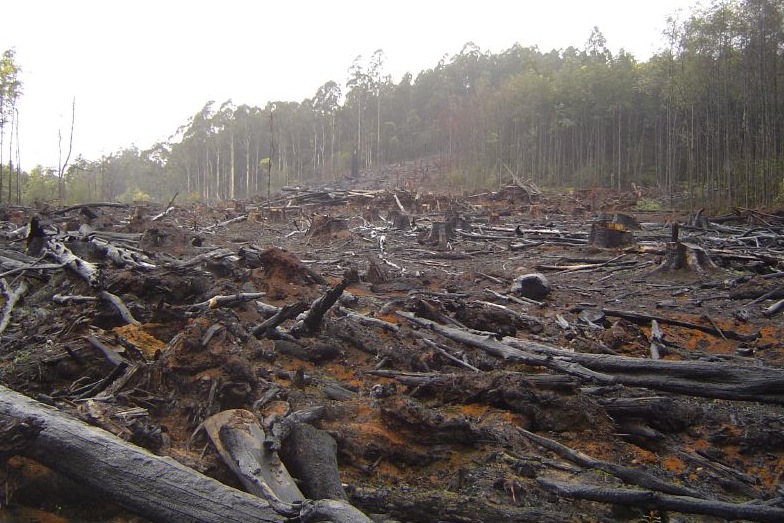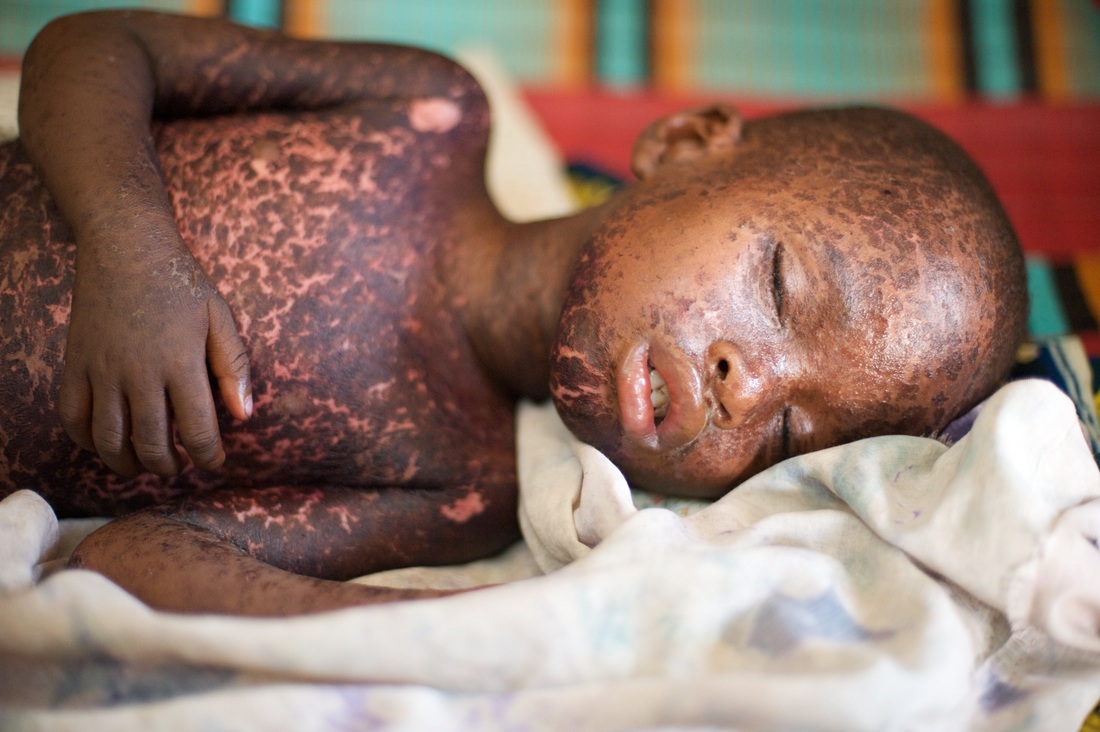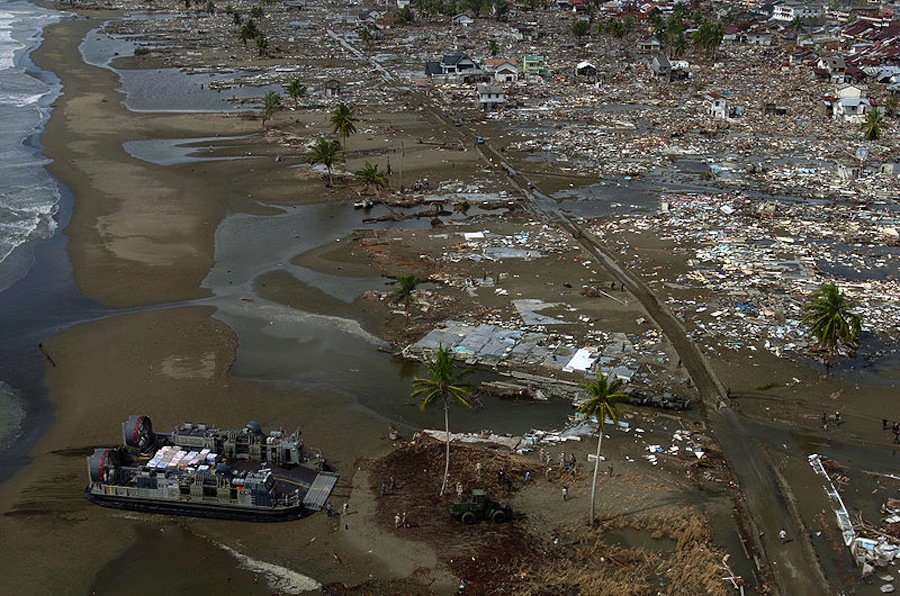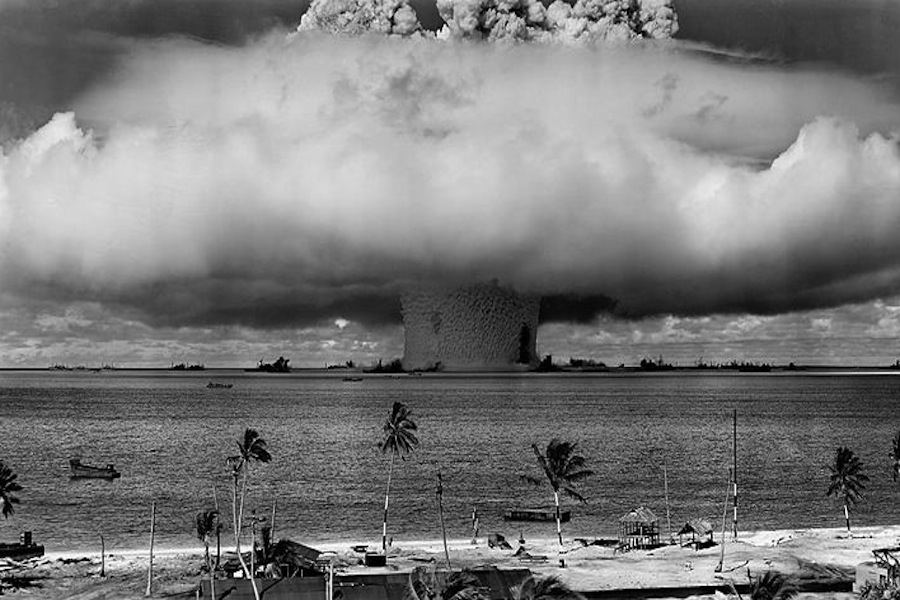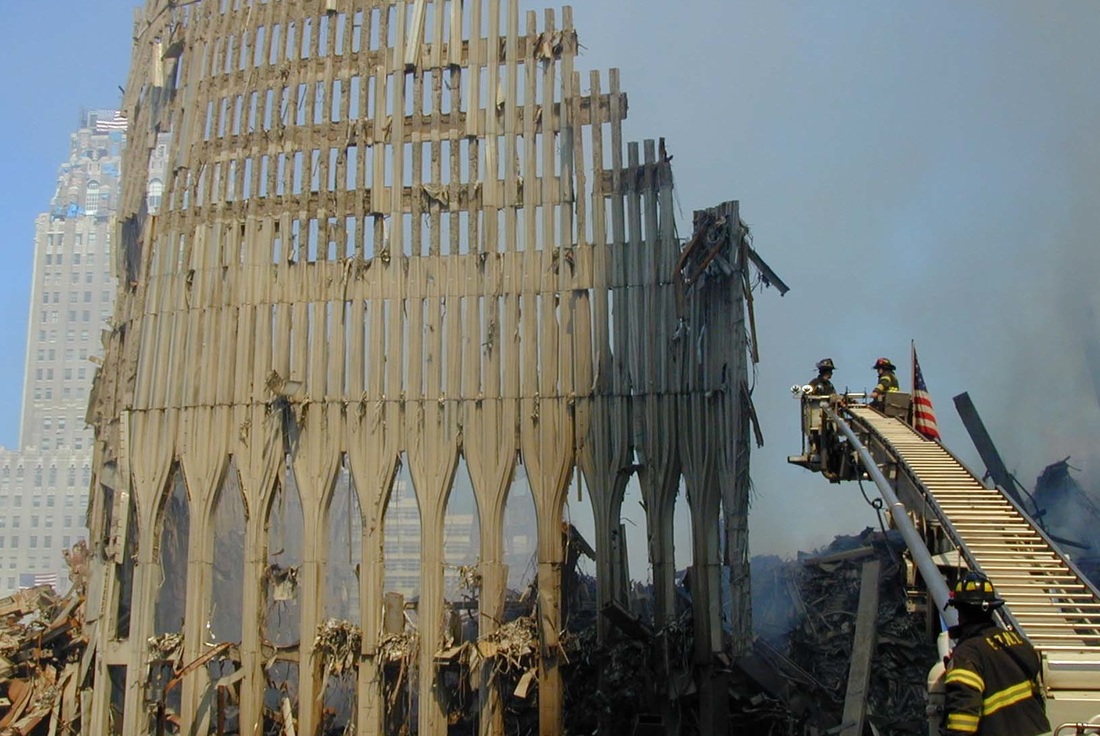Global Issues
Our world is at a cross road. Climate change, mass extinctions, deforestation, depletion of fisheries, soil erosion, pollution, poverty, armed conflicts, inequality, global health challenges, water crisis, famine, nuclear proliferation, ocean acidification.
The statistics are staggering and speak volumes about the need for collective global action. 836 million people live in extreme poverty, 16,000 children die every single day from preventable diseases and conditions, the world's tropical forests have decreased by 50 percent in the last half century, threatening our supply of oxygen and the entire ecosystem, and the world's oceans are under extreme pressure from human activity, facing acidification, pollution, depletion of fisheries, destruction of habitats and ecological breakdown, with soon irreversible effects on earth's lands, oceans, atmosphere and inhabitants.
The statistics are staggering and speak volumes about the need for collective global action. 836 million people live in extreme poverty, 16,000 children die every single day from preventable diseases and conditions, the world's tropical forests have decreased by 50 percent in the last half century, threatening our supply of oxygen and the entire ecosystem, and the world's oceans are under extreme pressure from human activity, facing acidification, pollution, depletion of fisheries, destruction of habitats and ecological breakdown, with soon irreversible effects on earth's lands, oceans, atmosphere and inhabitants.
Learn About the Issues*
Climate ChangeClimate change threatens all corners of the globe. Pollution and global warming are having adverse effects on ecosystems, habitats, water resources, agriculture, health and living conditions for all earth's inhabitants.
|
Poverty836 million people live in extreme poverty. 50% of the world's population, over 3 billion, live on under $2.50 a day. 1 billion people live in slums. Eliminating poverty is one of humanities top priorities.
|
US Government
Armed Conflicts
Our world continues to suffer from numerous violent conflicts within and between states, at the hands of totalitarian regimes and extremists that oppress peoples right to freedom, democracy and peace.
|
Hunger and Famine800 million people around the world suffer from chronic undernourishment. Famine is currently threatening 20 million people in an unprecedented crisis across four different countries - South Sudan, Somalia, Yemen and Nigeria
|
InequalityFor a large portion of the world's population equality is not the norm. Women, the poor, people of different races, religious belief or sexual orientation are not provided equal rights, opportunities or protection.
|
Life for ChildrenHalf of the world's 2 billion children live in poverty. 100 million children around the world live in the streets, with no home, no parents, no food, no water and no shelter. Our society is only as good as how well we take care of our children.
|
Extinction of SpeciesAccording to the World Wildlife Fund the earth has lost half of its wildlife in the last 40 years and is on track to loose two-thirds by 2020, due to, inter alia, deforestation, over fishing, loss of habitats, illegal pouching, pollution and climate change.
|
Ocean Depletion & AcidificationThe world's oceans have in many areas been completely depleted of fish, coral reefs and safe habitats. Ocean acidification and pollution is leading to ecosystem breakdown and adverse consequences on wildlife, food supplies and human health.
|
Water Crisis750 million people around the world lack access to improved drinking water, 1.8 billion use contaminated water, 2.5 billion people do not have access to adequate sanitation, and 16,000 deaths occur each week from unhygienic living conditions.
|
DeforestationHalf of the world's tropical forests have been lost in the last 60 years. According to some estimates, at the current rate only 10-20 percent will remain by 2030, limiting oxygen production, and destroying the ecosystem and habitats for 70 percent of the worlds animals.
|
DiseaseEach and every single day on earth, 16,000 children die from preventable diseases and illness including malnutrition, malaria, measles, diarrhea and pneumonia. That is 6 million children around the world, each and every year.
|
US Navy
Natural DisastersWith climate change an increasing number of natural disasters affect all corners of the globe, resulting in millions affected and hundreds of billions in damage. Relief and recovery efforts in disasters of this scale are a monumental challenge for affected communities & aid agencies.
|
|
Department of Defense
Nuclear Weapons
The world continues to be under the threat of nuclear war. During the last three decades four additional nations have been declared nuclear weapon states or have been working to build nuclear weapons.
|
TerrorismTerrorism has reached all corners of the globe. Extremists threaten peace and security of civilian populations, killing countless of innocent children, women and men.
|
IntoleranceIntolerance, discrimination, racism, xenophobia, violence and hate are on the rise around the world, threatening the safety and well being of populations, destabilizing societies, and undermining democracies.
|
Investing in Change
No actor can solve these problems by themselves and it requires collaboration and collective action from governments, civil society and the private sector to address the issues. Global collaboration requires commitment, engagement and infrastructure investment.
The United Institutions is a global coordination mechanism and permanent world forum for international cooperation that will allow organizations world-wide to collaborate on a continuous basis, develop and implement comprehensive solutions, and work in concert with international organizations, nation states, the United Nations, development agencies, multi-stakeholder partnerships, global policy networks, and local communities.
The United Institutions is a global coordination mechanism and permanent world forum for international cooperation that will allow organizations world-wide to collaborate on a continuous basis, develop and implement comprehensive solutions, and work in concert with international organizations, nation states, the United Nations, development agencies, multi-stakeholder partnerships, global policy networks, and local communities.
* For a complete list of issues to be addressed at the United Institutions, please see global forum thematic areas.
Top Banner Image Credit: Meena Kadri | CC BY ND 2.0

